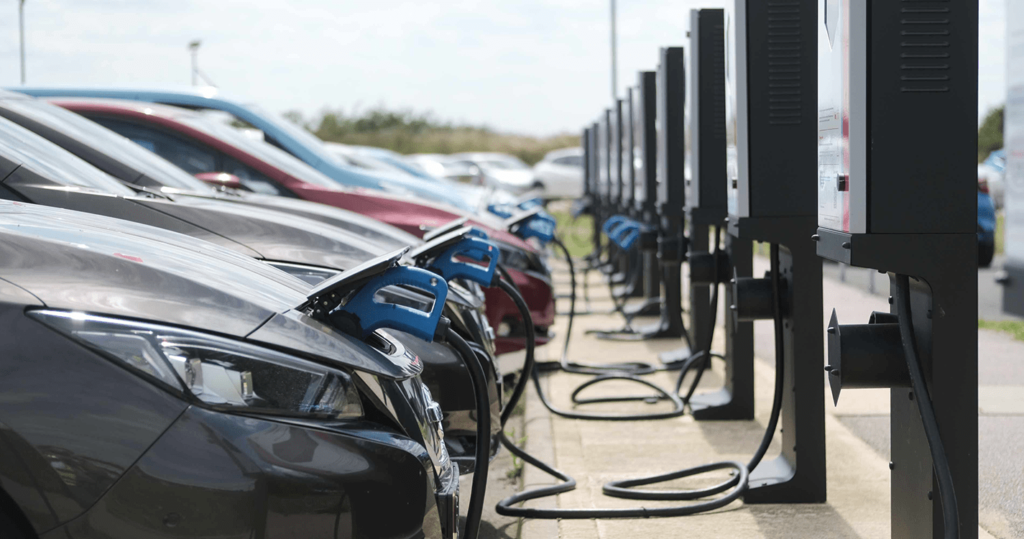As the world continues to shift towards sustainable and clean energy solutions, electric vehicles (EVs) have become increasingly popular. With their numerous benefits, including reduced emissions and lower operational costs, it is no wonder that more and more companies are adopting electric vehicle fleets. However, one of the key challenges in the widespread adoption of electric vehicle fleets is the availability and efficiency of charging infrastructure. In this article, we will explore the importance of electric vehicle fleet charging infrastructure and its impact on the overall success of electric vehicle adoption.
1. Meeting the Growing Demand
The demand for electric vehicles is growing rapidly, both from individual consumers and fleet operators. In order to meet this demand, it is essential to have a robust charging infrastructure in place. Without sufficient charging stations, fleet operators may face challenges in keeping their vehicles charged and on the road. This could lead to operational disruptions and increased costs.Browse this website to know more about electric fleet charging .

2. Maximizing Vehicle Utilization
One of the key advantages of electric vehicle fleets is their potential for increased utilization. Unlike traditional internal combustion engine vehicles that require frequent refueling, electric vehicles can be charged at any time and at various locations. This flexibility allows fleet operators to maximize the utilization of their vehicles by strategically planning charging schedules.
3. Reducing Range Anxiety
Range anxiety, or the fear of running out of charge before reaching a destination, is one of the main concerns for electric vehicle owners and fleet operators. It can impact the confidence of drivers and limit the adoption of electric vehicles. By investing in a comprehensive charging infrastructure, fleet operators can alleviate range anxiety and encourage the use of electric vehicles.
